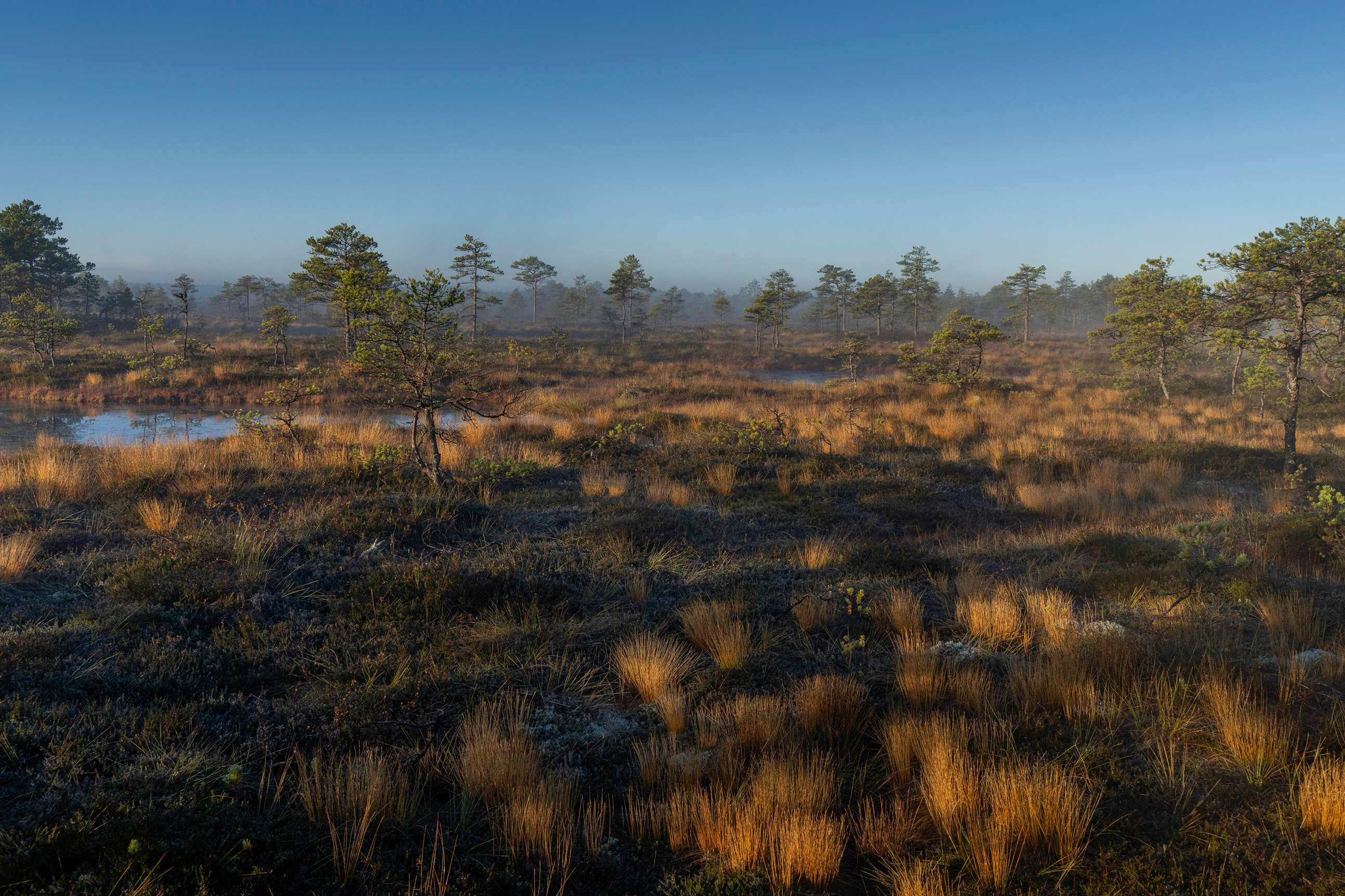Underpin your sustainability commitments with credible Deforestation & Conversion-Free data
DCF is more than a compliance requirement; deforestation and conversion pose both an environmental and a business risk. Adopting a DCF approach helps companies to safeguard their access to global markets, secure long-term supply, and protect brand credibility.
Satelligence provides the data foundation for credible DCF claims, from identifying low-risk sourcing areas to monitoring deforestation and land conversion at plantation level.
We’ll build a DCF approach tailored to your business.

Approved & trusted by leading companies
How Satelligence supports your DCF journey
Science-based. Aligned with key industry voices. Supporting supply chain resilience.
Satelligence helps you establish and maintain sustainable sourcing through our Deforestation- and Conversion Free (DCF) implementation methodology. Our frameworks are aligned across commodities and with leading global initiatives such as the Consumer Goods Forum (CGF) Forest Positive Coalition, NDPE IRF, and EUDR requirements, ensuring consistency and credibility across markets.
Option 1
Traceability data-based
When traceability data is available, Satelligence analyses deforestation and conversion at plantation, concession, or farm level using high-resolution satellite data.
Each production unit is assessed against a defined cut-off date (e.g. 31 December 2015), confirming whether any deforestation has occurred since then.
The result is a clear percentage or volume of supply that can be verified as DCF.
Option 2
Satelligence data: Supply chain-based
When traceability data is limited, Satelligence will use its supply chain database to fill traceability gaps.
For commodities such as palm oil and soy, we leverage our proprietary concession and CAR databases to establish traceability linkages between mills and production areas.
Using high-resolution forest baselines and deforestation detection, we calculate verified DCF percentages and identify deforestation exposure linked to known supply sources.
Option 3
Satelligence data: Commodity-based
When traceability data is limited, and Option 2 is not possible, Satelligence applies commodity-specific land-use masks (e.g., palm, soy, cocoa, coffee) to identify and quantify deforestation directly linked to mapped production zones and supply chain entities.
This approach provides commodity-driven DCF volumes at different levels of aggregation (supply chain, landscape) and helps companies assess, prioritise, and plan sourcing and traceability strategies across commodities and regions.
Our approach combines
All powered by the Satelligence Forest Baseline, independently validated by CIAT as one of the most accurate deforestation detection systems available.
Get real-time insights & reporting
- Traceability data and mills (where possible)
- High resolution satellite monitoring of deforestation and land use change
- Proprietary crop for accurate commodity attribution
- Continuous updates and deforestation alerts for ongoing monitoring

PepsiCo’s sustainability report 2025
“We collaborated with Satelligence, a satellite monitoring platform, to help improve our capability to monitor deforestation events, detect and respond to early alerts and verify origins as deforestation-free in our palm oil (global coverage), sugarcane (Mexico) and cocoa (Brazil, Mexico) supply chains.”
– Pepsico, ESG Approach 2025







